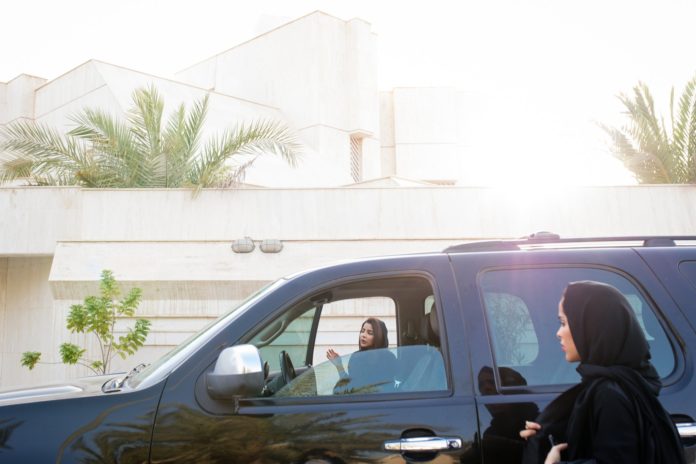
JIDDA, Saudi Arabia — What if, for 40 years, government-run schools and mosques taught the same refrain — that women’s brains were smaller than men’s and couldn’t process complex information, that it was shameful for women to interact publicly with strangers, that sitting behind the wheel of a car could cause birth defects for a pregnant woman’s child?
And then, what if the government suddenly reversed itself?
The Saudi ruler announced nine months ago that he would grant women the legal right to drive. But many Saudis were still trying to process their new reality on Sunday, the first day that overturned what had been one of the most sacrosanct prohibitions in the absolute monarchy.
It’s unclear just how many Saudi women took to the streets to celebrate their new freedoms. The government announced that hundreds of women would have their licenses by Sunday. Bureaucratic delays have kept tens of thousands more from getting their permits in time for the historic day.

Still, many in this nation of 33 million were grappling with anxiety over this new freedom, both within families who never bought into the stereotype that women should be shut up at home, and those who sincerely believed what they had been taught since childhood.
In upper-middle-class families, where young women have gone abroad for school and have embraced the opportunities to work that are also relatively new in the kingdom, the apprehension is largely psychological.
Numerous young women in Riyadh and Jidda, the country’s two largest cities, have no plans to start driving, even though they have licenses from the United States or other countries where they have lived and studied.
The message they hear day after day at school is that girls are like candy — they need to be wrapped to protect their sweetness. Being on the streets, let alone being with strange men, means the removal of a layer…










